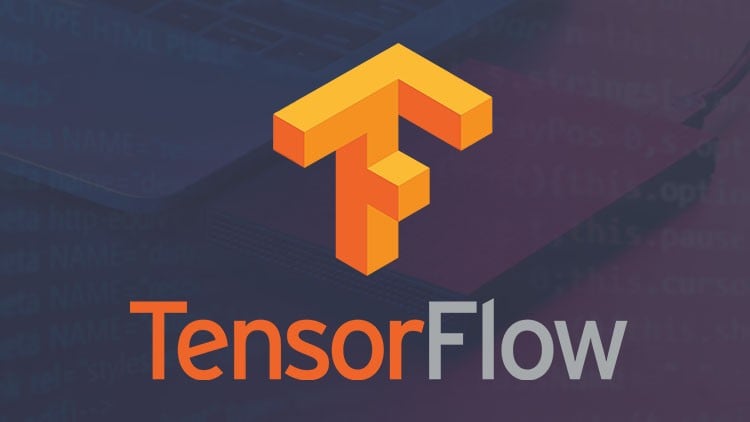
Master TensorFlow and Deep learning — from basic neural networks to advanced models and real world AI applications.
⏱️ Length: 6.6 total hours
👥 881 students
Add-On Information:
Note➛ Make sure your 𝐔𝐝𝐞𝐦𝐲 cart has only this course you're going to enroll it now, Remove all other courses from the 𝐔𝐝𝐞𝐦𝐲 cart before Enrolling!
-
- Deep Architectural Understanding: Gain profound insight into the “why” behind various neural network architectures, understanding layer interactions for optimal model design and performance.
- Effective Data Engineering: Master crucial techniques for preparing, augmenting, and preprocessing diverse datasets, ensuring robust and reliable input for deep learning models.
- Model Performance Tuning: Skillfully fine-tune hyperparameters, diagnose common issues like overfitting, and implement strategies to build generalized and reliable AI solutions.
- Interpretability & Debugging Skills: Develop the ability to analyze model behavior and predictions, transforming opaque AI into more transparent and debuggable systems.
- Practical Transfer Learning: Leverage and adapt pre-trained models to accelerate development and achieve state-of-the-art results efficiently, even with limited data.
- Pathway to Deployment: Understand the essential considerations for transitioning a functional deep learning model from development to a deployable, real-world AI application.
- Introduction to Sequential Models: Explore foundational concepts for processing sequential data, laying the groundwork for advanced dynamic neural network architectures.
- Ethical AI Fundamentals: Cultivate an early awareness of data biases and responsible AI practices, fostering a mindset for ethical deep learning development.
- Strategic Problem Solving: Acquire a systematic approach to selecting and applying appropriate deep learning techniques for a wide array of real-world challenges.
- Extending TensorFlow: Learn to customize TensorFlow’s functionalities by building bespoke layers and unique model designs tailored to specific problems.
-
- PROS:
- Application-Oriented: Focuses on building and deploying functional AI models, offering direct applicability to industry needs.
- Efficient Skill Acquisition: Streamlined path from basic TensorFlow to advanced deep learning, maximizing learning in a concise format.
- Versatile Foundation: Provides a strong base for specialization in computer vision, NLP, or predictive analytics.
- Industry Relevant: Covers widely used tools and methodologies, enhancing employability and project readiness.
- CONS:
- Condensed Advanced Content: “Beyond” topics are covered concisely given the 6.6-hour duration, potentially requiring additional self-study for deeper mastery.
Learning Tracks: English,Development,Data Science
Found It Free? Share It Fast!